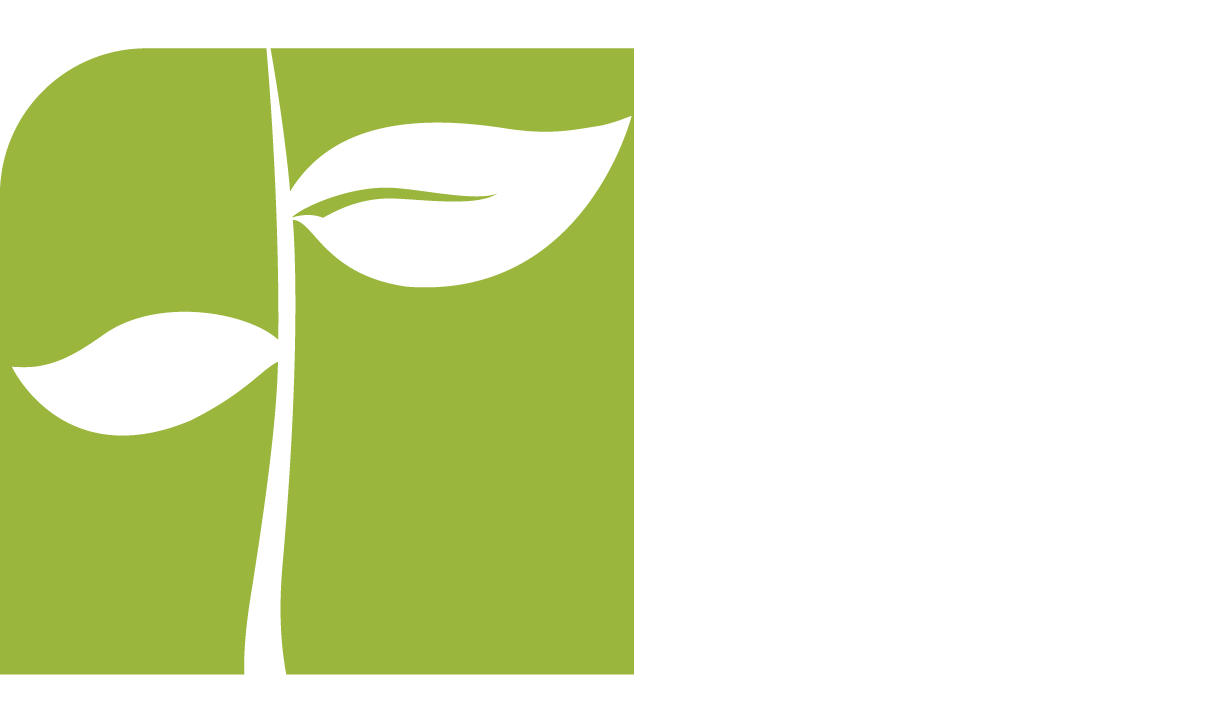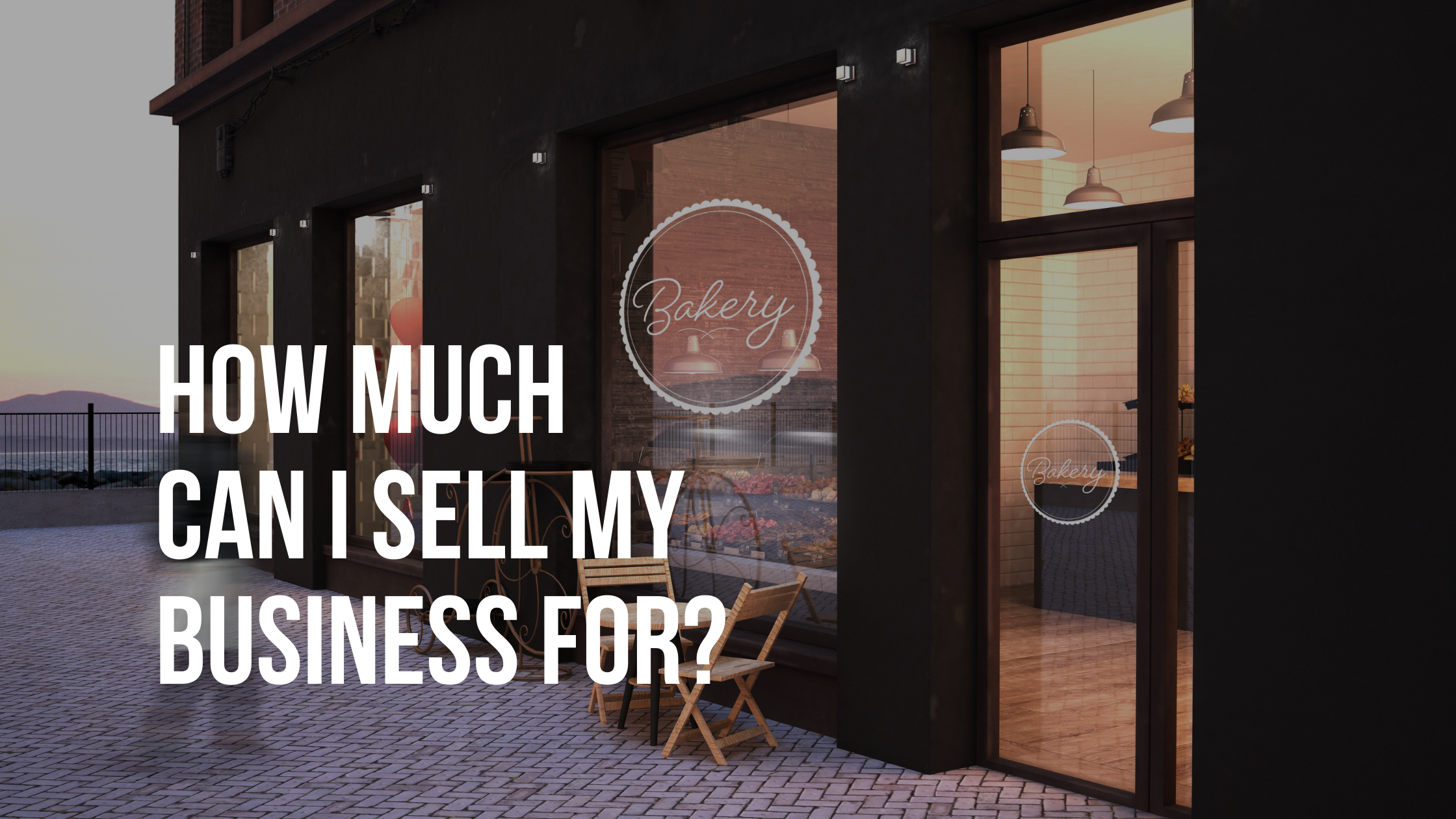How much can I sell my business for? Unfortunately, like a lot of other things in life, the answer to this question is – it depends.
When you decide to sell your business, several factors impact value and sales. These factors go well beyond the mere financial performance and net profit of your business.
For example, how many other business owners in your industry are also trying to sell right now? This matters. As another example, how “buttoned up” are your company’s financials, governance, and processes? This also matters.
At the end of the day, however, the most important thing is to ensure you have everything in order before you reach out to prospective business brokers or buyers. Let’s break down what this means.
Prepare ahead of time
Consider these quick facts:
- Business owners have 90% of their wealth tied up in their business
- 60% of privately owned businesses are owned by baby boomers
- 48% plan to sell within the next five years
- 70% of businesses never make it to market
- Only 16% of these businesses sell
This means a few things, but most importantly, it means that:
- You need to get the full value of your business when you decide it’s time to sell
- There’s a lot of competition out there
Because of this, you need to make sure your company takes the time to adequately prepare for the upcoming sale of your business and the required due diligence process. On average, this process can take anywhere between 12 months and 24 months. While this may seem like a lot of time, it’s well worth the time investment if you’re able to stand out and rise to the top of the competition.
The buyer determines the value of your company
Most business owners think the value of their company simply comes down to some multiple of their EBITDA and what type of business they have. However, interested buyers determine what your business is worth by evaluating way more than that.
What matters when you list your business for sale:
- Financial Performance: Up-to-date professionally produced monthly financials, history of producing revenue and profit; income statement and balance sheet (3-5 years worth)
- Recurring Revenue: Buyers like to see annuity-based revenue each month (i.e. subscriptions like Netflix)
- Growth: Historical and potential rates
- Employee/Customer/Supplier Dependence: Are any of these too concentrated?
- Differentiation: How unique is your product or service offering from that of your competitors?
- Customer satisfaction: Longevity, repurchases, and recommendations
- Working Capital: How much are you going through every month?
- Management Team: Do you have someone beyond just the owner?
- Governance: Are your agreements and contracts in writing? Are processes documented? Do you hold board meetings?
A Fractional CFO can help get your business ready for sale
The due diligence process involved with selling a business can be brutal. This being said your “ducks must be in a row” before everything gets started. After all, once you engage with a potential buyer, the leverage switches over to that buyer.
If you want to know how much to sell your business for and need help with the selling process, finding a fractional CFO should be your next step. An experienced fractional CFO can help your business prepare for a successful sale and make sure you get everything you’re looking for and more out of your business.
Learn more about fractional CFOs:
- How much does a fractional CFO cost?
- List of common fractional CFO services
- The benefits of leveraging a fractional CFO
Contact New Life CFO to get started
Your business is your baby and a huge part of your net worth. You owe it to yourself and your family members to get the highest possible valuation for it. If you are unsure of your preparedness in any of the above valuation areas, give us a call. We can help or point you in the right direction. Schedule a consult today or call (214) 775-0803.


